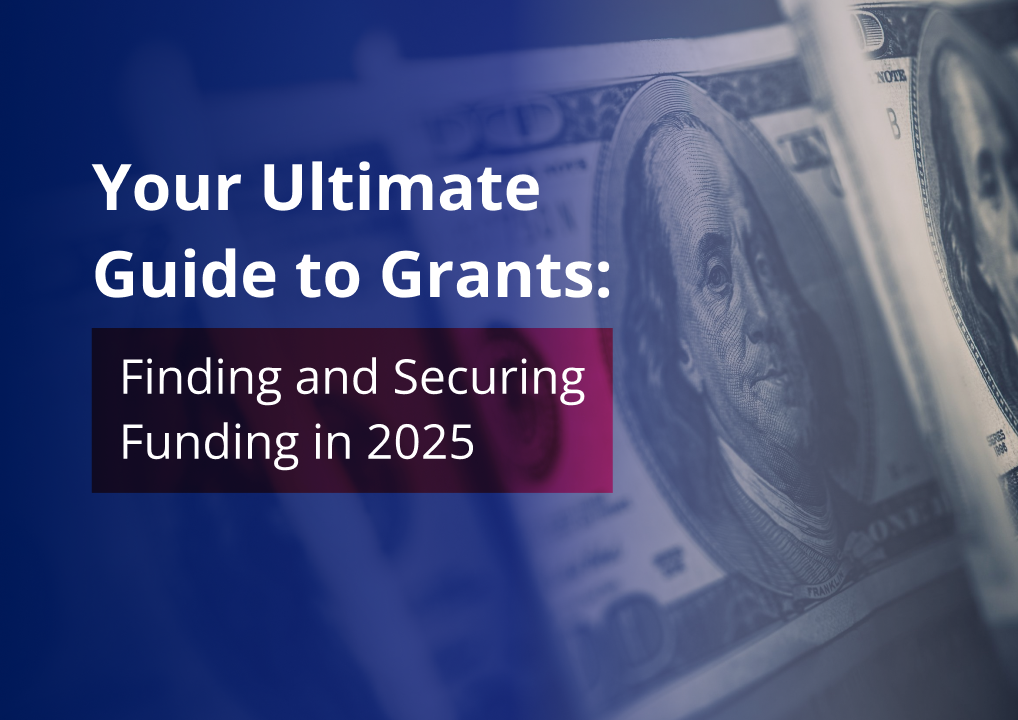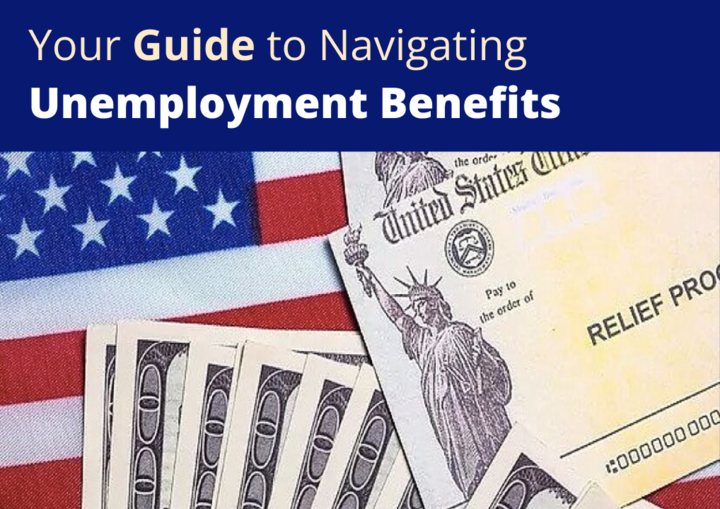Navigating the complexities of loan agreements is crucial for any borrower. Understanding the specific terms of your loan can significantly impact your financial decisions and overall repayment strategy.
Loan terms typically include the interest rate, repayment period, and any fees associated with the loan.
For instance, a fixed-rate mortgage will have a consistent interest rate throughout its life, while an adjustable-rate mortgage may fluctuate based on market conditions. Knowing whether your loan is secured or unsecured is also vital; secured loans are backed by collateral, which can be seized if payments are not made, while unsecured loans carry higher risks for lenders and often come with higher interest rates. Moreover, it is essential to grasp the implications of prepayment penalties, which some loans impose if you pay off your balance early.
This can deter borrowers from making extra payments or refinancing their loans. Additionally, understanding the amortization schedule can provide insights into how much of each payment goes toward interest versus principal. For example, in the early years of a mortgage, a larger portion of your payment will go toward interest, while later payments will increasingly reduce the principal balance.
Familiarizing yourself with these terms not only empowers you to make informed decisions but also helps you strategize effectively for repayment.
Key Takeaways
- Understand the terms of your loan, including interest rate, repayment period, and any penalties for early payment.
- Create a budget to track your income and expenses, and identify areas where you can cut back to allocate more funds towards loan repayment.
- Making extra payments towards your loan principal can help reduce the overall interest paid and shorten the repayment period.
- Consider refinancing your loan if you can secure a lower interest rate, which can result in significant long-term savings.
- Utilize windfalls such as tax refunds or bonuses to make lump sum payments towards your loan and reduce the principal amount.
- Cut expenses by reducing discretionary spending, negotiating bills, and finding ways to save on everyday costs.
- Increase your income through side hustles, freelance work, or seeking a higher-paying job to allocate more funds towards loan repayment.
- Seek professional help from financial advisors or credit counselors to develop a personalized plan for managing and paying off your loans.
Creating a Budget
Creating a budget is a foundational step in managing your finances and ensuring that you can meet your loan obligations. A well-structured budget allows you to track your income and expenses, providing a clear picture of your financial health. Start by listing all sources of income, including salaries, bonuses, and any side hustles.
Next, categorize your expenses into fixed costs—such as rent or mortgage payments, utilities, and insurance—and variable costs like groceries, entertainment, and discretionary spending. This categorization helps identify areas where you can cut back if necessary. Once you have a comprehensive view of your financial landscape, allocate a portion of your income specifically for loan repayment.
This allocation should consider not only the minimum required payments but also any additional amounts you can afford to pay down the principal faster. For example, if you find that you consistently have surplus funds at the end of each month, you might decide to increase your loan payment by a certain percentage. This proactive approach not only reduces the total interest paid over the life of the loan but also shortens the repayment period, leading to financial freedom sooner than anticipated.
Making Extra Payments
Making extra payments on your loan can be one of the most effective strategies for reducing debt and saving on interest costs. When you make additional payments toward your principal balance, you decrease the amount of interest that accrues over time. For instance, if you have a $200,000 mortgage with a 4% interest rate and you make an extra payment of $100 each month, you could save thousands in interest and pay off your mortgage several years earlier than scheduled.
There are various methods to approach extra payments. One popular strategy is the “snowball” method, where you focus on paying off smaller debts first while making minimum payments on larger debts. Once a smaller debt is eliminated, you can redirect those funds toward the next smallest debt.
Alternatively, the “avalanche” method prioritizes debts with the highest interest rates first, which can save more money in the long run. Regardless of the method chosen, consistently making extra payments can lead to significant financial benefits and provide a sense of accomplishment as debts diminish.
Considering Refinancing
Refinancing is another powerful tool that borrowers can utilize to manage their loans more effectively. This process involves replacing an existing loan with a new one, typically with better terms such as a lower interest rate or a different repayment period. For example, if market interest rates have dropped since you took out your original loan, refinancing could allow you to secure a lower rate, thereby reducing your monthly payments and overall interest costs.
However, refinancing is not without its costs and considerations. Borrowers should be aware of closing costs associated with refinancing, which can include application fees, appraisal fees, and title insurance. It’s essential to calculate whether the long-term savings from a lower interest rate outweigh these upfront costs.
Additionally, consider how refinancing might affect your credit score; applying for new credit can temporarily lower your score but may improve it in the long run if it leads to better financial management.
Utilizing Windfalls
Windfalls—unexpected financial gains such as bonuses, tax refunds, or inheritance—can provide an excellent opportunity to accelerate loan repayment. When you receive a windfall, consider allocating a portion or all of it toward your outstanding loans. For instance, if you receive a $5,000 tax refund and apply it directly to your student loans or mortgage, you can significantly reduce your principal balance and save on future interest payments.
It’s important to approach windfalls strategically rather than impulsively. While it may be tempting to spend this unexpected money on luxuries or non-essential items, prioritizing debt repayment can lead to long-term financial stability. Additionally, consider setting aside a small percentage of any windfall for savings or investments to ensure that you are also building wealth alongside paying down debt.
Cutting Expenses
Cutting unnecessary expenses is a practical approach to freeing up additional funds for loan repayment. Start by reviewing your monthly expenditures and identifying areas where you can reduce spending without sacrificing quality of life. For example, consider dining out less frequently or canceling subscriptions that you rarely use.
Small changes can accumulate over time; for instance, if you cut back on coffee shop visits and save $5 per day, that adds up to over $1,800 annually. Another effective strategy is to negotiate bills or shop around for better rates on services such as insurance or utilities. Many providers offer competitive pricing or discounts for new customers; taking advantage of these opportunities can lead to significant savings.
By systematically evaluating and trimming your expenses, you create more room in your budget for loan payments and other financial goals.
Increasing Your Income
Increasing your income is another viable strategy for managing loan repayments more effectively. There are numerous avenues to explore when seeking additional income streams. One option is to pursue part-time work or freelance opportunities in your field of expertise or interests.
For instance, if you have skills in graphic design or writing, platforms like Upwork or Fiverr can connect you with clients looking for freelance services. Additionally, consider leveraging hobbies or passions into income-generating activities. If you enjoy crafting or baking, selling handmade goods at local markets or online platforms like Etsy can provide supplemental income.
Even renting out a spare room on platforms like Airbnb can yield significant returns if done strategically. By diversifying your income sources, you not only enhance your ability to make loan payments but also build financial resilience against unforeseen circumstances.
Seeking Professional Help
When navigating complex financial situations or feeling overwhelmed by debt management strategies, seeking professional help can be invaluable. Financial advisors or credit counselors can provide personalized guidance tailored to your specific circumstances and goals. They can help assess your financial situation comprehensively and recommend strategies that align with your objectives.
Moreover, professional assistance can be particularly beneficial when considering options like debt consolidation or negotiating with creditors for better terms. A credit counselor may assist in creating a debt management plan that consolidates multiple debts into one manageable payment with potentially lower interest rates. This approach simplifies repayment and can alleviate some of the stress associated with juggling multiple loans.
Engaging with professionals ensures that you are making informed decisions based on expert advice rather than navigating these challenges alone.
FAQs
What are some strategies for paying off a loan faster?
Some strategies for paying off a loan faster include making extra payments, increasing your monthly payments, refinancing to a lower interest rate, and using windfalls or bonuses to make lump sum payments.
Is it better to make bi-weekly payments on a loan?
Making bi-weekly payments on a loan can help you pay it off faster because you end up making 26 half-payments, which equals 13 full payments in a year. This can help reduce the amount of interest you pay over the life of the loan.
Should I consider refinancing my loan to pay it off faster?
Refinancing your loan to a lower interest rate can help you pay it off faster by reducing the amount of interest you pay over the life of the loan. However, it’s important to consider any fees associated with refinancing and make sure the new terms are favorable.
What are the benefits of paying off a loan faster?
Paying off a loan faster can save you money on interest, improve your credit score, and free up your cash flow for other financial goals. It can also provide peace of mind and reduce financial stress.
Are there any potential drawbacks to paying off a loan faster?
One potential drawback of paying off a loan faster is that it could deplete your savings or emergency fund. It’s important to strike a balance between paying off debt and maintaining a financial safety net.







